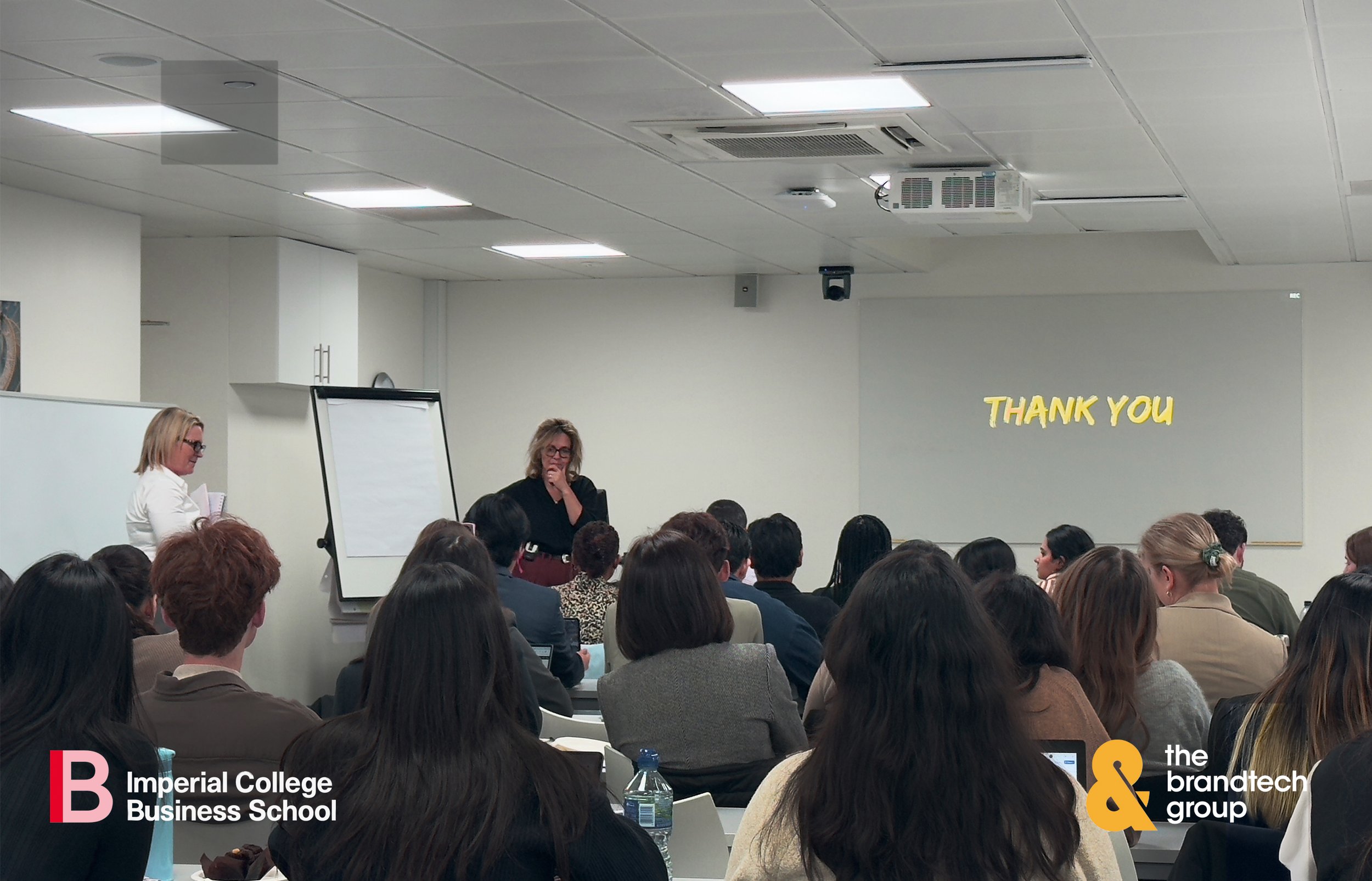Roger Williams University teams up with Lit Thinking to study far-UVC technology’s effect on airborne pathogens
Roger Williams University (RWU) in Bristol, Rhode Island, USA has initiated a study in partnership with technology firm Lit Thinking to evaluate the effectiveness of Far-UVC Visium technology in reducing airborne pathogen risks.
The project positions RWU as one of the first higher education institutions to implement this technology as part of its indoor safety measures.
The study, led by RWU Assistant Professor of Public Health P. Jacob Bueno de Mesquita, Ph.D., is supported by a grant from the Rhode Island IDeA Network of Biomedical Research Excellence (RI-INBRE).
The funding, awarded by the National Institutes of Health, enables RWU’s Human Health and Harmony Lab to deploy Far-UVC devices in various university settings. The research will investigate the impact of these devices on airborne viral transmission, including coronaviruses and influenza.
Professor Bueno de Mesquita explained the significance of the collaboration, stating:
“A major environmental health problem facing society today is the lack of adoption of environmental strategies that we have available to prevent viral spreading and enable normal societal interaction despite ongoing waves of COVID-19, seasonal epidemics, and emerging pandemic threats.”
Research and training opportunities
The project provides a valuable opportunity for cross-disciplinary training for RWU students. Participants will engage in hands-on research as they assess the effectiveness of Far-UVC technology in mitigating viral transmission. The study is expected to generate insights that could inform broader public health strategies, and findings will be shared following a year of data collection and analysis.
John Rajchert, CEO of Lit Thinking, expressed his support for the initiative:
“We are thrilled to see Far-UVC technology make its debut in a higher educational setting. We commend Prof. Bueno de Mesquita and Roger Williams University for their forward thinking and look forward to the positive impact it will have on the campus community and the benefit of more real-world research applications.”
The study is seen as an important step in addressing public health concerns related to airborne viruses. As Professor Bueno de Mesquita and his team conduct their experiments, they aim to demonstrate the practical applications of Far-UVC technology as a preventative measure in indoor environments.
Upon completing the study, the team will present their findings to contribute to the ongoing discourse on strategies to improve public health infrastructure and safety.
“The project offers a number of opportunities for cross-disciplinary student training, while positioning the university to make real contributions to the scientific discourse on a topic of urgent importance to population health,” added Professor de Mesquita.





















